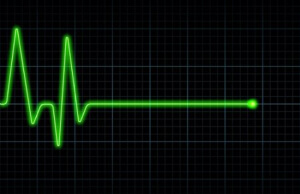
When the Kenyan Cabinet Secretary in charge of Health Mutahi Kagwe introduced Dr Myriam Sidibe who has a PhD in Public Health focused on hand washing to demonstrate to Kenyans how one should wash their hands, mouths were left open.
How did someone do a full PhD that is focused on hand washing? Worse, it was not from a backstreet University in the dark allies of Nairobi, but the London School of Hygiene and Tropical Medicine.
The shock and surprise expressed on social media is a pointer that washing hands is something that is never taken seriously. Many times, you see people walk into public restroom and walk out without touching any water, while those who do, most of them simply sprinkle as little water as possible – perhaps a ceremonial washing.
But times have changed.
Covid-19 is reintroducing the world to hand washing, a practice that has been slowly dying. Even for people with means, washing hands is never taken seriously, especially when you consider the immense benefits it would have.
It is estimated that if people were washing hands with running water and soap, infant mortality would possibly be reduced by half. That’s no mean number, for today 800 children die every day due to diseases that have to do with washing hands.
It is said that one factor that saved the world and greatly improved life expectancy is when people learnt to wash their hands. It did not come easy, especially when humans were not aware of the germ theory of disease. One physician and scientist by the name Ignaz Philipp Semmelweis discovered that lives could be saved through washing of hands, but his discovery led to him being rejected by the medical community and his eventual death. Medics couldn’t stand one of their own who said that the reason women were dying after child delivery was because their hands were dirty.
Even current actions betray our little faith in water and soap when it comes to washing hands. People are fighting to get hand sanitizers, when running water and soap could do a better job. We feel like a sanitizer is a superior product.
It is surprising that while for many years, people died of preventable diseases because they did not wash their hands properly. Yet, the secret of handwashing is very open even in the Bible, when people with bodily discharge are advised to “wash his clothes and bathe his body in running water and will become clean.”
I hope that after this pandemic is over, we shall sustain the passion and continue washing hands.




